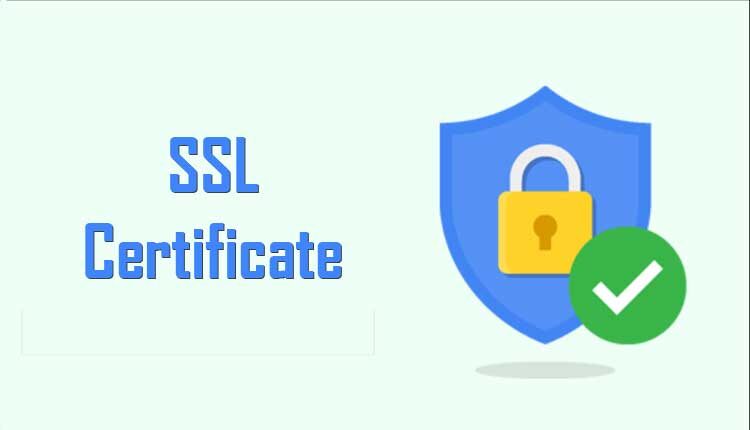What is an SSL?
SSL (Secure Sockets Layer) and TLS (Transport Layer Security) are protocols for establishing authenticated and encrypted links between networked computers. Although the SSL protocol was deprecated with the release of TLS 1.0 in 1999, these related technologies are still commonly referred to as “SSL” or “SSL/TLS.”
What is an SSL Certificate?
An SSL certificate (also known as a TLS or SSL/TLS certificate) is a digital document that ties a website’s identity to a cryptographic key pair that includes a public and private key. The certificate’s public key enables a web browser to establish an encrypted communication session with a web server using the TLS and HTTPS protocols.
The server stores the private key, which is used to digitally sign web pages and other documents (such as images and JavaScript files). A website’s identifying information, such as its domain name and, optionally, identifying information about the site’s owner, is also included in an SSL certificate.
If the web server’s SSL certificate is signed by a publicly trusted certificate authority (CA), such as SSL.com, end users’ web browsers and operating systems will trust digitally signed content from the server as authentic.
Why do websites need an SSL certificate?
An SSL certificate is required for a website to keep user data safe, verify ownership, prevent attackers from creating a fake version of the site, and gain user trust.
SSL/TLS encryption is possible because SSL certificates allow for the pairing of public and private keys. The public key required to open a TLS connection is obtained by clients (such as web browsers) from the SSL certificate of the server.
SSL certificates verify that a client is talking with the server of the correct domain owner. This helps to keep domain spoofing and other sorts of cyber-attacks at bay.
HTTPS: An SSL certificate is necessary for an HTTPS web address, which is especially important for businesses. HTTPS is the secure version of HTTP, and HTTPS websites use SSL/TLS to encrypt their traffic.
In addition to safeguarding user data in transit, HTTPS makes websites more trustworthy from the user’s perspective. Although most people will not notice the difference between a http:// and https:// web address, most browsers have begun to mark HTTP sites as “not secure” in more obvious ways in an effort to urge users to migrate to HTTPS and boost security.

